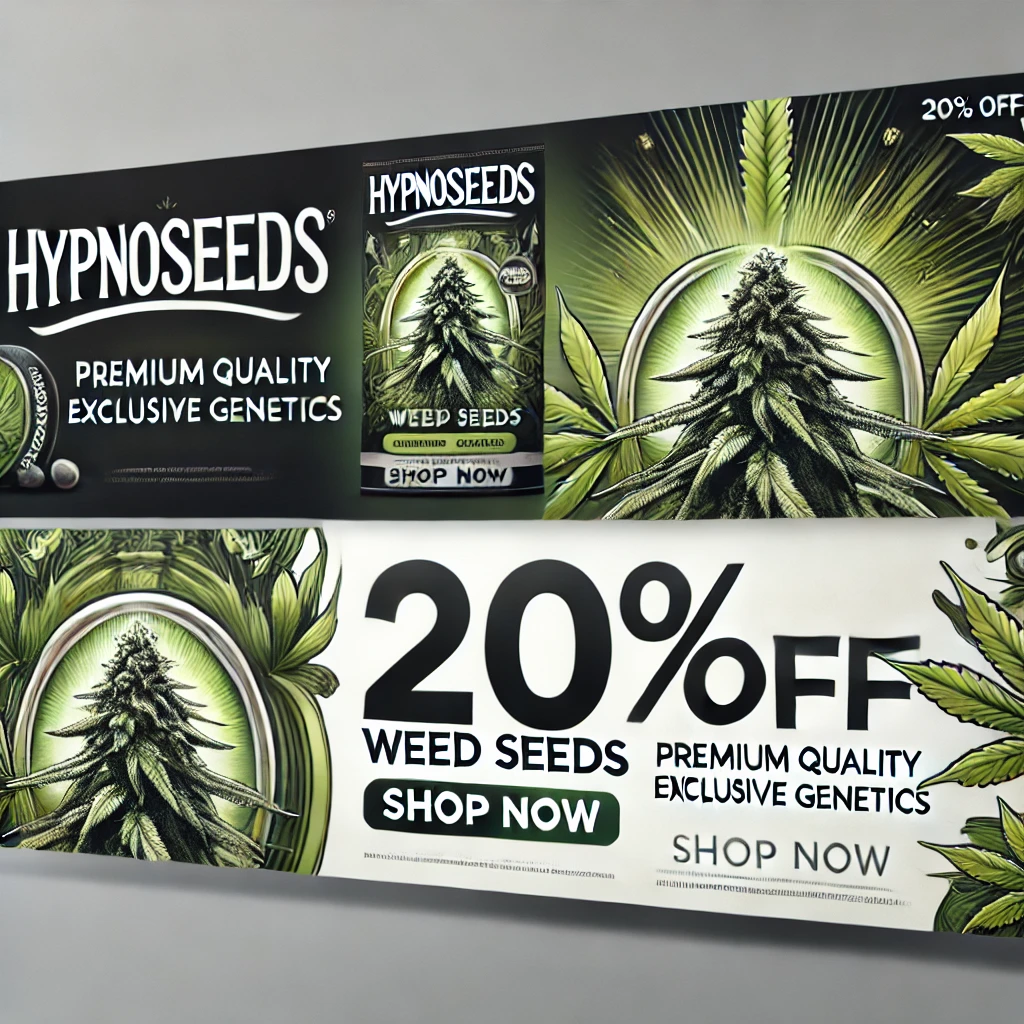Cannabis law became legal in Canada for recreational use in October 2018, and since then, each province and territory has developed its own regulatory framework. In Newfoundland and Labrador, the Cannabis Control Act regulates the use, sale, and distribution of cannabis.
Individuals who are at least 19 years old are allowed to possess up to 30 grams of dried cannabis or its equivalent in public spaces. It is also legal to possess cannabis plants that have been grown at home, with a limit of four plants per household. However, it is illegal to consume cannabis in public spaces or places where smoking is prohibited, such as schools, workplaces, and restaurants.
Cannabis can be purchased from licensed private retail stores or online through the Newfoundland and Labrador Liquor Corporation’s website. It is illegal to purchase cannabis from unlicensed sources, and penalties for doing so can range from fines to imprisonment.
Driving under the influence of cannabis is strictly prohibited, and law enforcement officers can use a saliva test to determine if an individual has recently consumed cannabis. The legal limit for THC (the psychoactive component of cannabis) in a driver’s bloodstream is two nanograms per milliliter.
The Cannabis Control Act also regulates the cultivation of cannabis for commercial purposes. Individuals or companies must obtain a license from the Newfoundland and Labrador Liquor Corporation to cultivate, process, and sell cannabis for commercial use.
The government of Newfoundland and Labrador has also established a social responsibility program to promote safe and responsible cannabis use. The program includes public education campaigns, resources for parents and youth, and supports for addiction treatment and mental health services.
Cannabis laws in Newfoundland and Labrador prioritize public health and safety while also allowing for legal access to cannabis for recreational and medicinal purposes. It is important for individuals to understand and follow the laws and regulations surrounding cannabis use in order to avoid penalties and promote responsible use.



